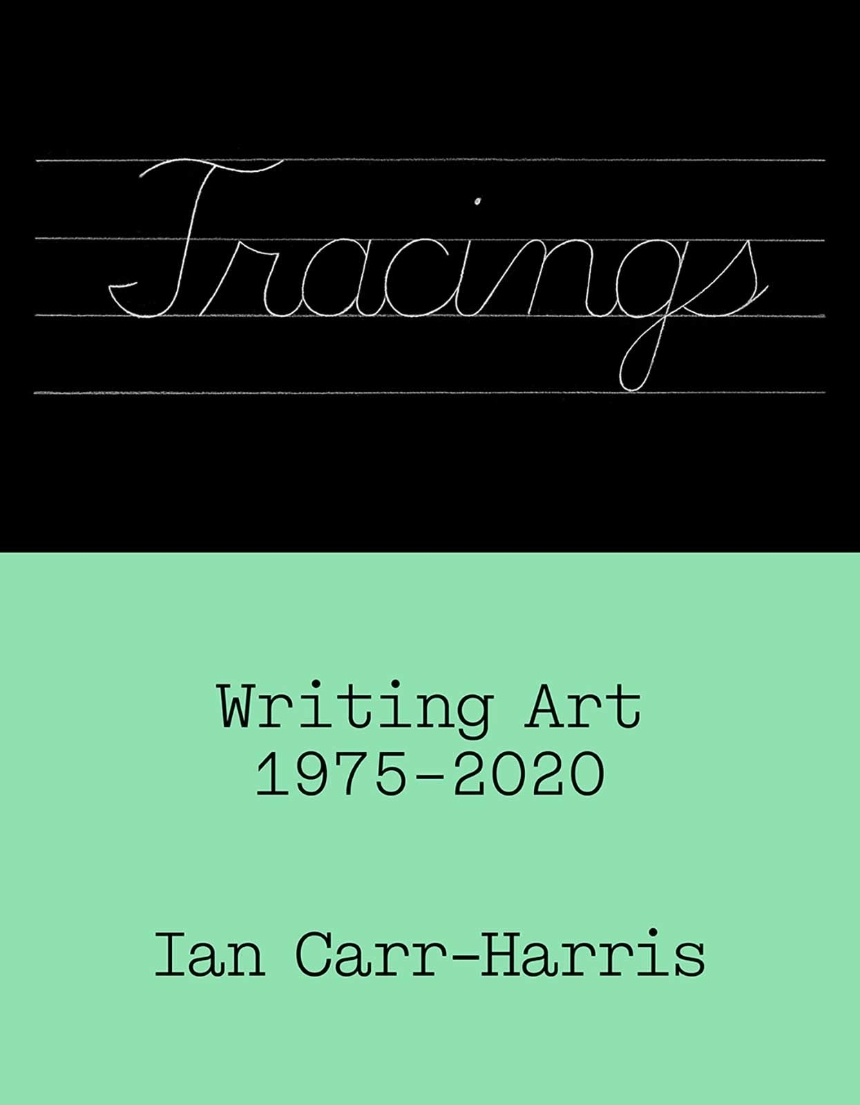The essays of artist Ian Carr-Harris, which span decades of critical thought and engagement.
An artist, curator, critic, and teacher, Ian Carr-Harris has been a central figure in Toronto’s art scene since the 1970s. By collecting his impressive output of essays, critical experiments, and reviews into a single volume, Tracings documents the growth of conceptual art and postmodernism in Canadian art, as well as the expansion of mediums and spaces, while providing insights into methods of representation and the role of criticism in contemporary art.
In clear and intelligent prose, Carr-Harris offers detailed studies of individual artists and exhibitions as well as theoretically informed reflections on broader cultural concerns. Whether writing about the complexities involved in the construction and transmission of knowledge, meaning, and historical narrative; discussing the material matters of government cultural funding, patronage, and artist-run centers; or describing his own process and artworks, these pieces reveal a literary love of language and a nuanced and investigative mind at work. Throughout his writing, he considers themes of identity, cultural nationalism, postcolonialism, institutionalism, the act of viewing, and relations of power.
An artist, curator, critic, and teacher, Ian Carr-Harris has been a central figure in Toronto’s art scene since the 1970s. By collecting his impressive output of essays, critical experiments, and reviews into a single volume, Tracings documents the growth of conceptual art and postmodernism in Canadian art, as well as the expansion of mediums and spaces, while providing insights into methods of representation and the role of criticism in contemporary art.
In clear and intelligent prose, Carr-Harris offers detailed studies of individual artists and exhibitions as well as theoretically informed reflections on broader cultural concerns. Whether writing about the complexities involved in the construction and transmission of knowledge, meaning, and historical narrative; discussing the material matters of government cultural funding, patronage, and artist-run centers; or describing his own process and artworks, these pieces reveal a literary love of language and a nuanced and investigative mind at work. Throughout his writing, he considers themes of identity, cultural nationalism, postcolonialism, institutionalism, the act of viewing, and relations of power.
